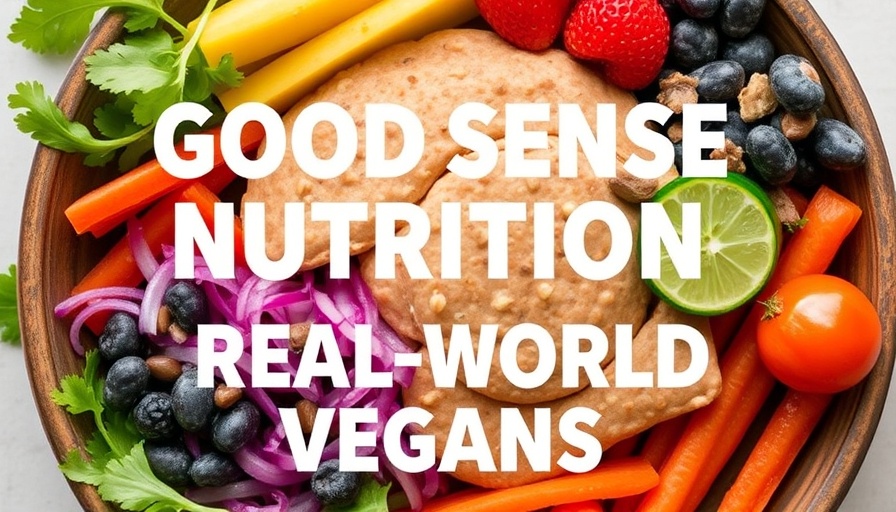
Understanding Nutrition in a Vegan World
In an era where dietary choices abound, Ginny Messina, a registered dietitian, guides real-world vegans navigating the complexities of their nutritional needs. From addressing essential nutrients like calcium and B12 to deliberating on the merits of controversial ingredients such as seed oils and beef tallow, her insights come from a space that balances science, ethics, and practicality. For many who are committed to a vegan lifestyle, the debate around what constitutes a healthy vegan diet can feel daunting.
Essential Nutrients for Vegans
When pursuing a vegan diet, understanding the sources of essential nutrients is crucial. Calcium and vitamin B12 are often highlighted as nutrients of concern. While dairy products are typically rich in calcium, vegans need to look towards fortified plant-based milk, tofu, leafy greens, and nuts to meet their needs. Similarly, vitamin B12, primarily found in animal products, necessitates reliance on fortified foods or supplements. Messina's emphasis on informed choices equips vegans with the knowledge to thrive nutritionally.
Debunking Myths Around Vegan Nutrition
One of the ongoing debates in vegan circles is the use of seed oils. Commonly flagged for their high omega-6 content, seed oils have faced scrutiny as potential health detractors. Messina encourages a balanced approach, reminding us that the consumption of these oils can be part of a healthy diet when consumed in moderation. This perspective allows individuals to embrace a broader range of food options while prioritizing balance and moderation.
The Social Aspects of Veganism
Veganism isn't solely about diet; it's also a lens through which one can examine ethical, social, and environmental issues. For vegans, particularly those in non-vegan households or social circles, navigating social settings can be challenging. Messina addresses these concerns by encouraging openness and preparation. Having conversations about dietary choices and being equipped with nutritious, delicious vegan options can enhance social interactions and foster understanding.
Thriving in a Non-Vegan World
In her practical approach, Messina suggests that thriving as a vegan in a not-yet-vegan world is about empowerment and knowledge. She highlights the importance of community support, advocating for platforms like the Main Street Vegan Academy, which prepares aspiring vegans for their journey. The academy’s resources can be invaluable for someone transitioning to a vegan lifestyle or maintaining it effectively.
Actionable Insights for New Vegans
For those exploring a vegan lifestyle, Ginny Messina’s insights provide actionable steps to ensure nutritional adequacy. By advocating for a diet rich in whole foods, ensuring a varied intake of plant-based proteins, and regularly consulting with a dietitian, individuals can take proactive steps toward health and wellbeing. With resources like Complement, which offers vegan supplements, and Om Botanical skin care products that cater to ethical beauty, embracing a vegan lifestyle becomes more accessible and enjoyable.
 Add Row
Add Row  Add
Add 




Write A Comment